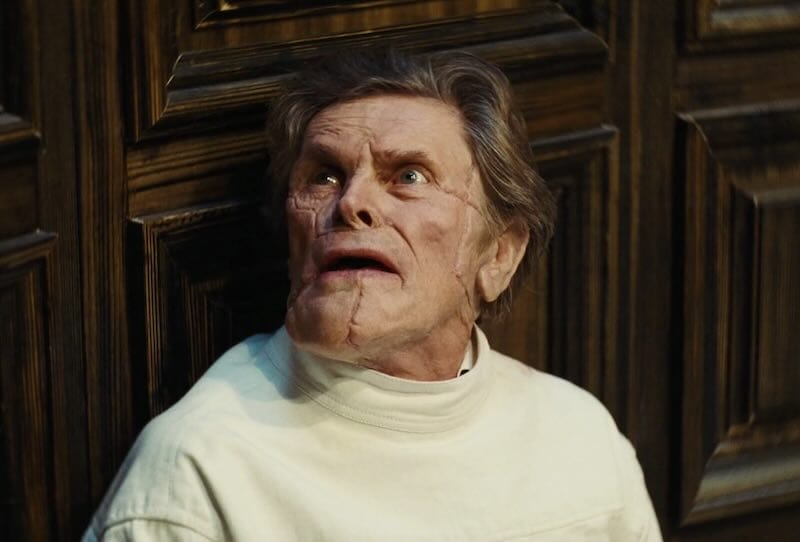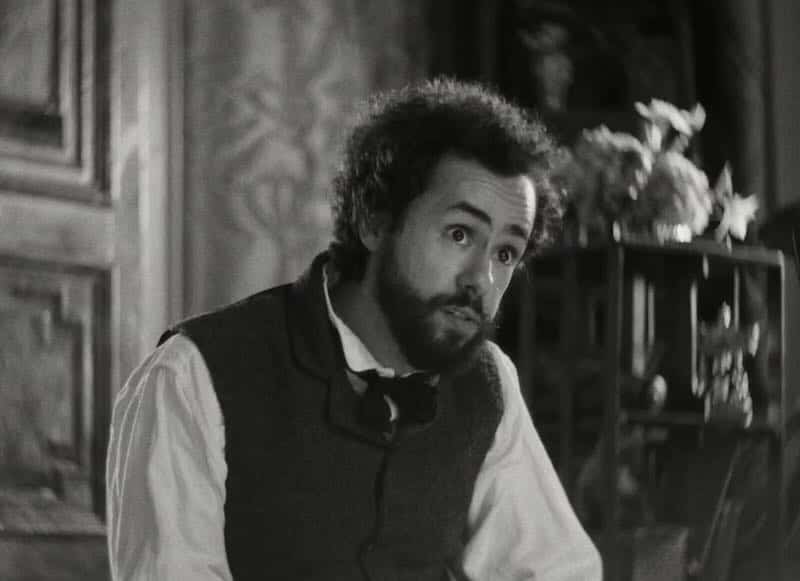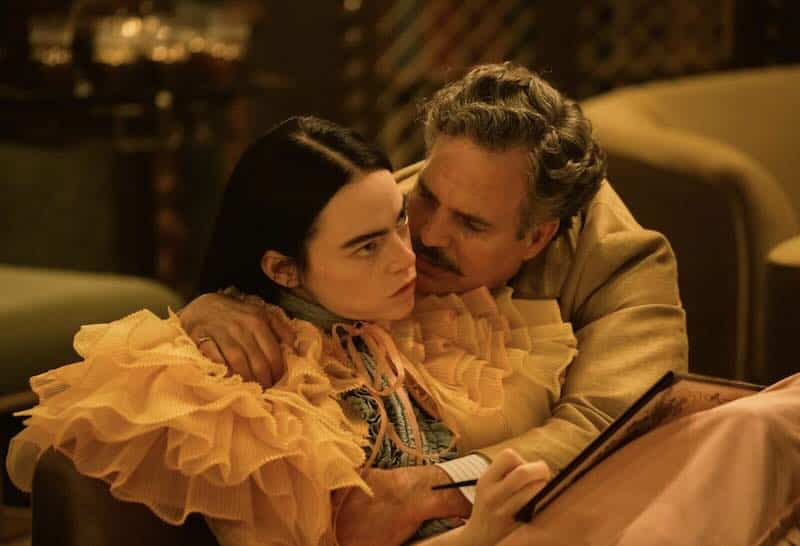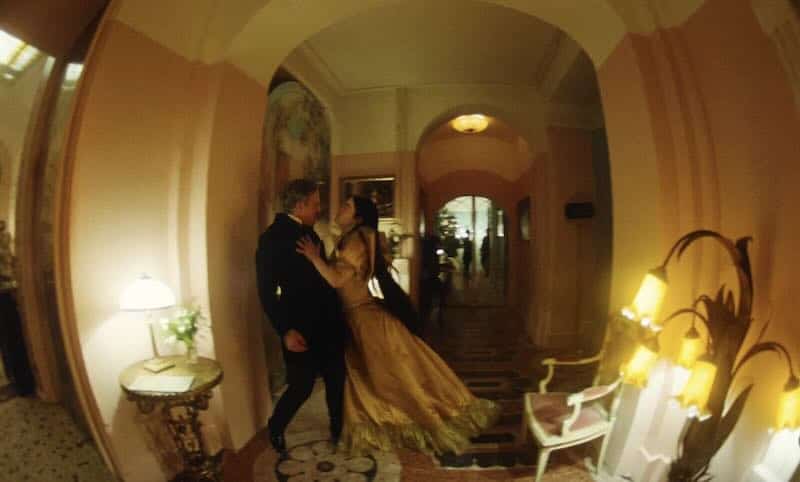Poor Things is streaming on Hulu now, which means you can check one more Oscar hopeful off your list of things to see. Yorgos Lanthimos directed this one. It is bizarre, bonkers, beautiful, and brilliant. Emma Stone stars as Bella Baxter, a Frankenstein-like character with an infant’s brain in a woman’s body.
Poor Things uses all the tricks Lanthimos loves. I’ve seen his The Lobster and The Favorite. His bag of tricks includes distorted lenses, the use of black and white and/or color to express experiences, odd dialogue, and even odder situations. After watching three of his movies, here’s what I’ve learned. If you can get through the outlandish way he chooses to tell his stories, there’s a point and a message that makes perfect sense.

In Poor Things, Dr. Godwin Baxter (Willem Defoe) stumbles on the body of a woman who jumped off a bridge to commit suicide. Her body is still warm and the baby inside her is still alive. God, as Bella calls him, is a mad scientist who does all sorts of strange experiments. In this case, he takes the brain of the fetus, puts it in the head of the woman, and reanimates the body into a full grown newborn.
Emma Stone does movie magic as Bella as she goes through a rapid development from infant to toddler to sexually excited teen to adult woman. Her mastery of language is off kilter, her sexual appetite is enormous, and her intelligence is ever expanding.

God’s apprentice doctor, Max McCandles (Ramy Youssef), wants to marry Bella. They are in the midst of the ceremony when Bella trots off for adventures with the scoundrel Duncan Wedderburn (Mark Ruffalo). They travel the world, have tons of sex, and Bella grows up.

Bella meets a couple on a ship – Martha von Kurtzroc (Hanna Schygulla) and Harry Astley (Jerrod Carmichael). She learns to read from them and learns philosophy and cynicism.
In Alexandria she learns empathy for the poor. In Paris she works as a prostitute for Swiney (Kathryn Hunter). There she learns about men and all their foibles and weaknesses. She has sex with her friend and fellow whore, Toilette (Suzy Bemba).

She hears her father figure, God, is ill.
She returns to England and God. There she discovers Alfie Blessington (Christopher Abbott) who claims to be her husband. He thinks he owns her. When you see what he’s like, you’ll understand why she jumped off a bridge.
Her brain has caught up with her body and she’s a full grown woman. She understands body autonomy, the right to make her own decisions, the right to love who you want, and how to survive in a crazy world. She can save herself from the men around her and the patriarchy she lives in. I thought the ending was lovely and just.
The more I watch films by Yorgos Lanthimos the more I am charmed by his peculiar originality and talent with a story. If you’ve seen this one, I’d love to know what you thought about it. Does it deserve the 409 award nominations it’s earned so far?

I saw Poor Things in a theater a month or so ago. It took me awhile to “be in the mood” for whatever it would be. I left the theater invigorated, energized, by the ideas presented in the story. I know the movie is weird, quirky, odd, by any standard. I started to think why? Why did Yorgos Lanthimos tell THIS story? Why did Emma stone choose this role? Bella is a woman, a character, who must learn rapidly, despite a baby’s brain in an adult body. She isn’t steeped in cultural mores or prohibitions for women so she makes all her decisions without any of those filters and on her terms. Ashe chooses many adventures, many wide-ranging experiences. This is what left me energized at the film’s end. It is my understanding of why Lanthimos and Stone were passionately committed to Bella’s story. But many of my movie-loving friends who’ve seen it don’t love it like I do. I am waiting for one who does.
I find that people have to be willing to accept a different kind of story telling to appreciate this director. He’s challenging every thing about story with his work.
Yes, exactly, thanks. Love “challenging every thing about story”.